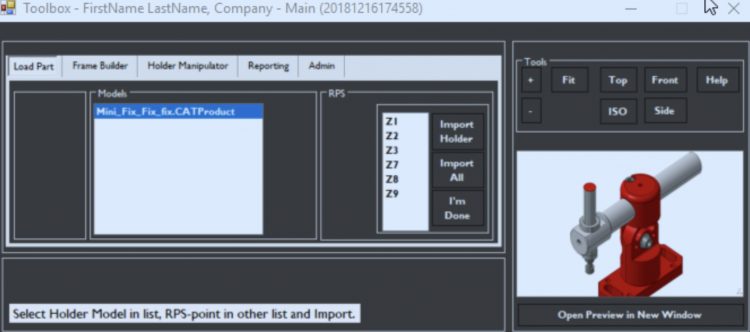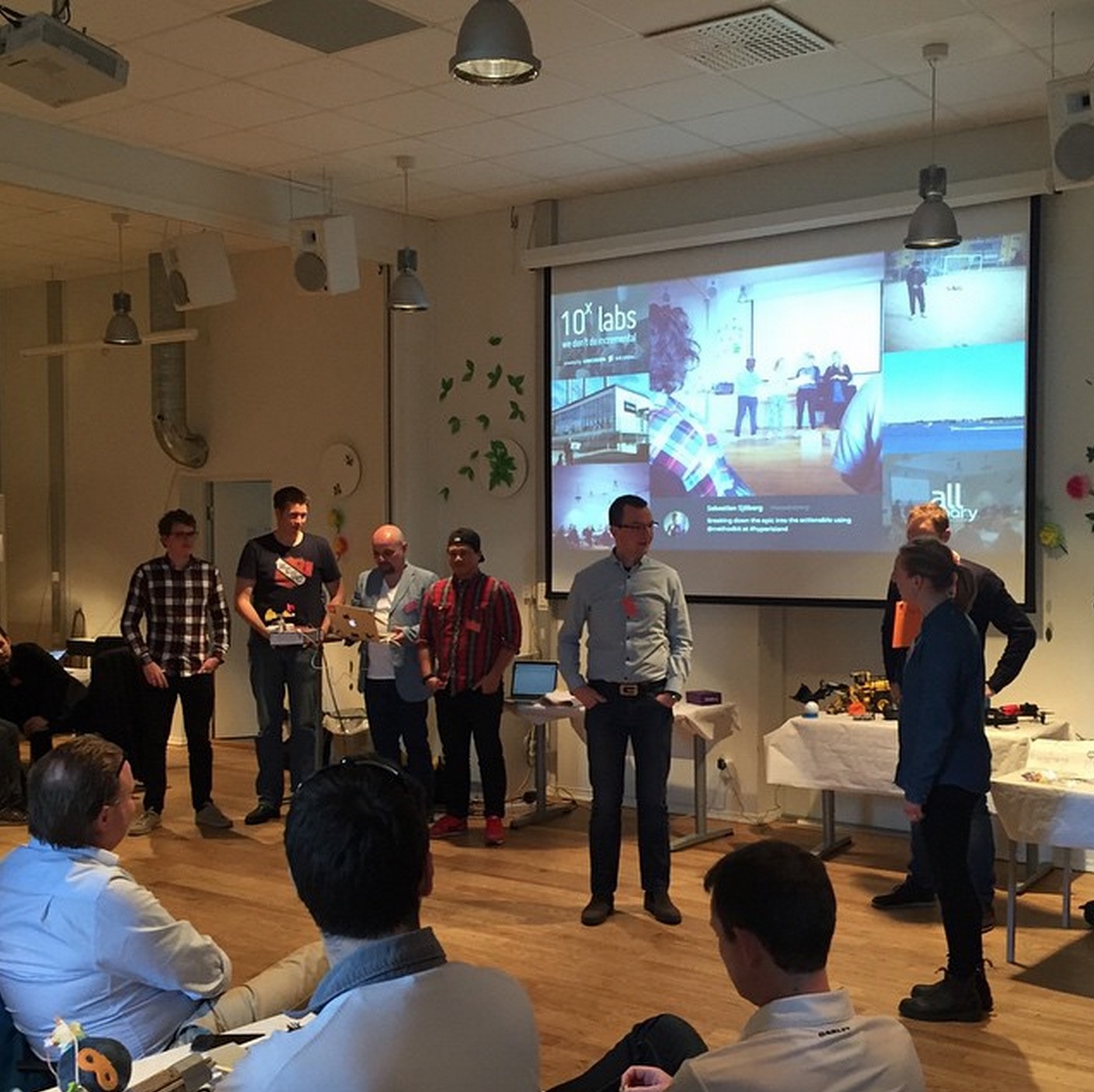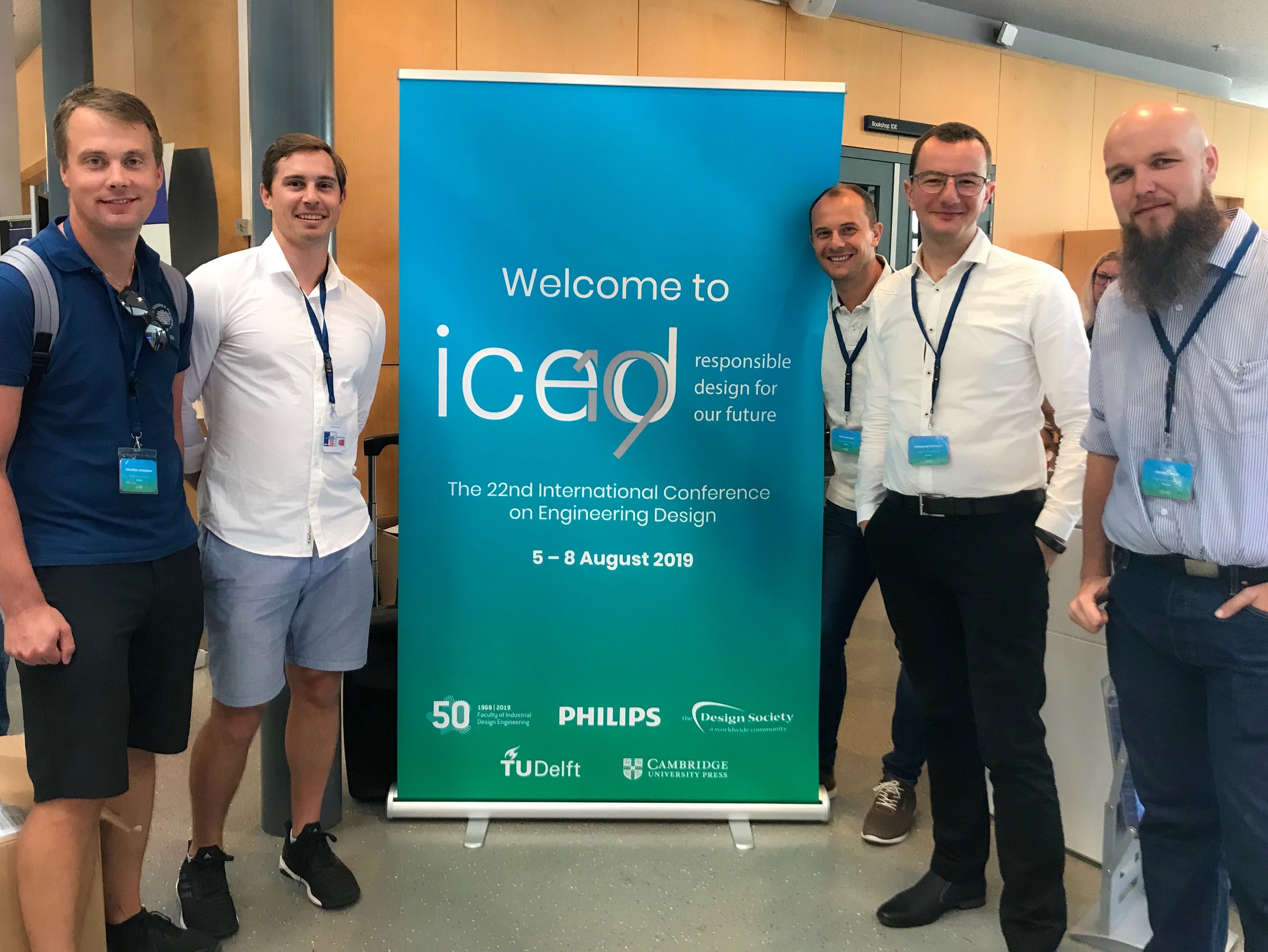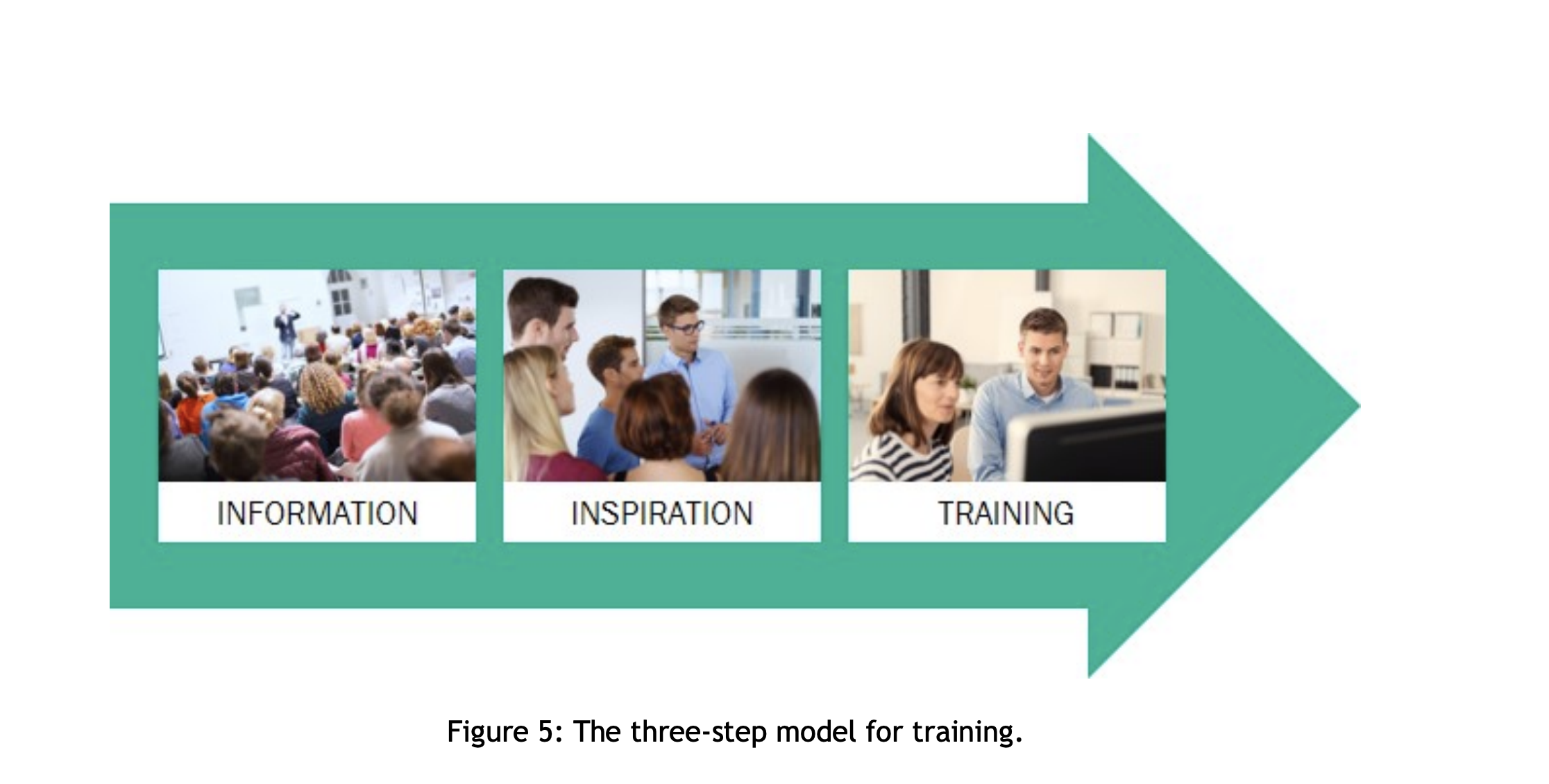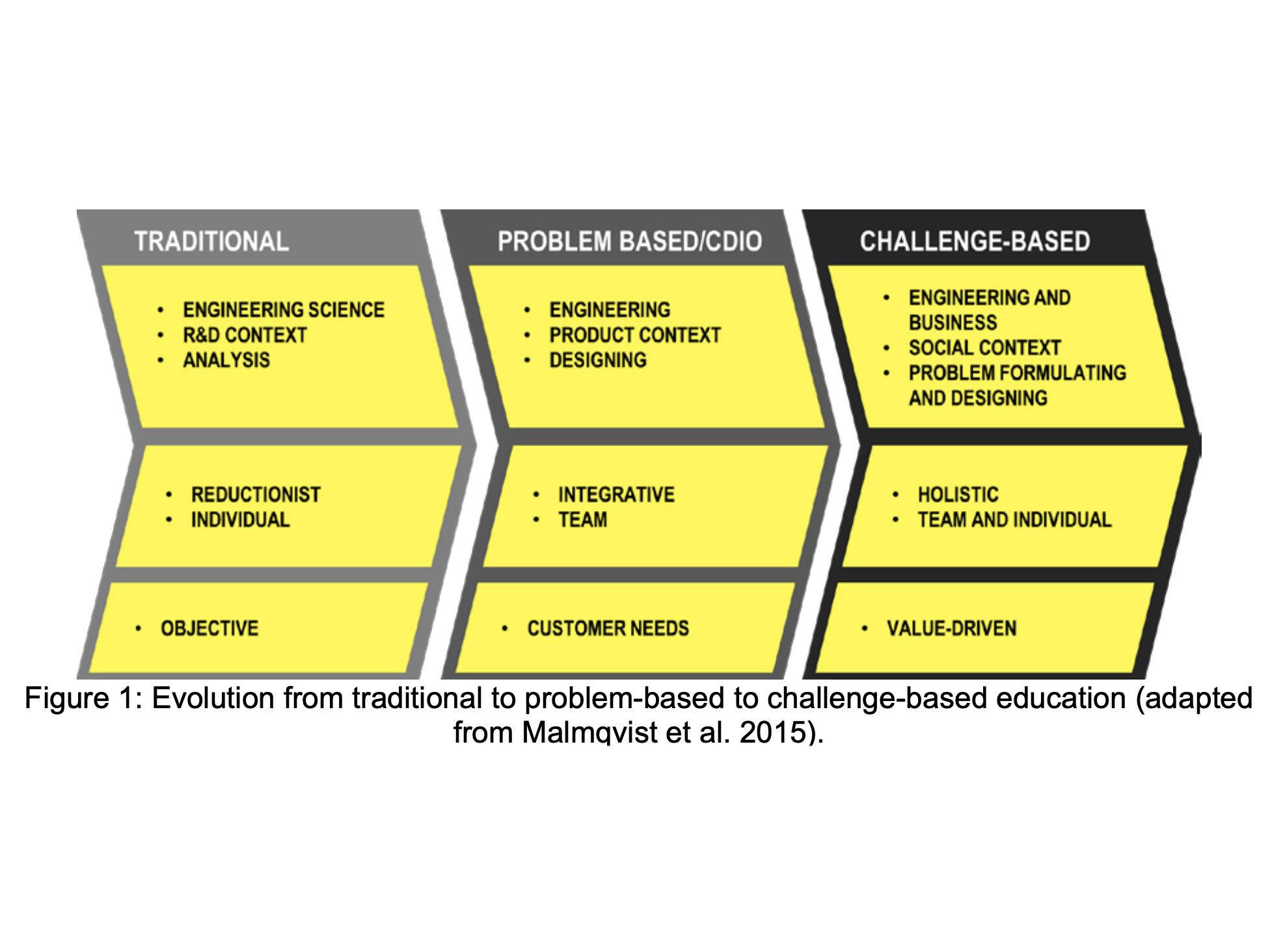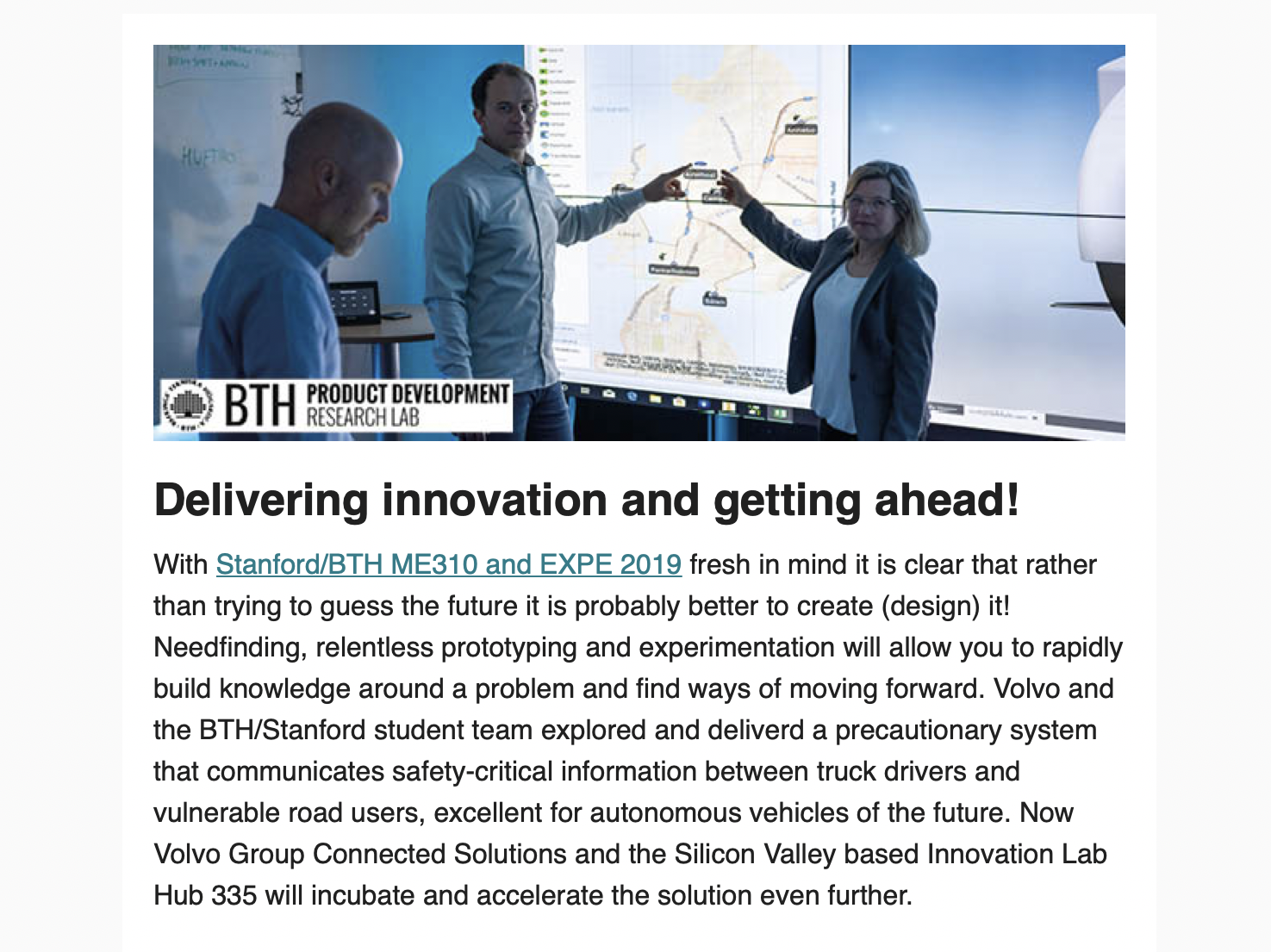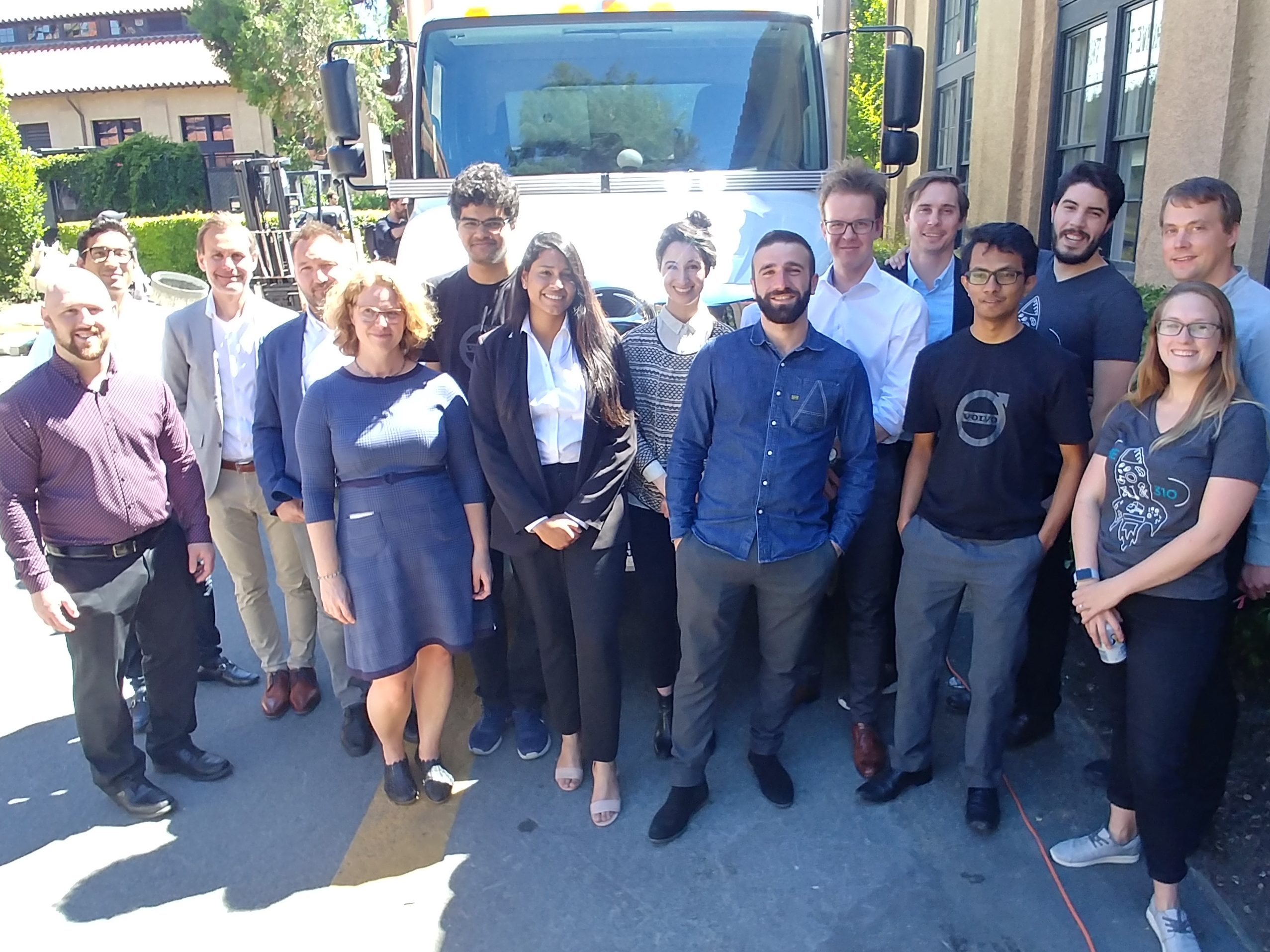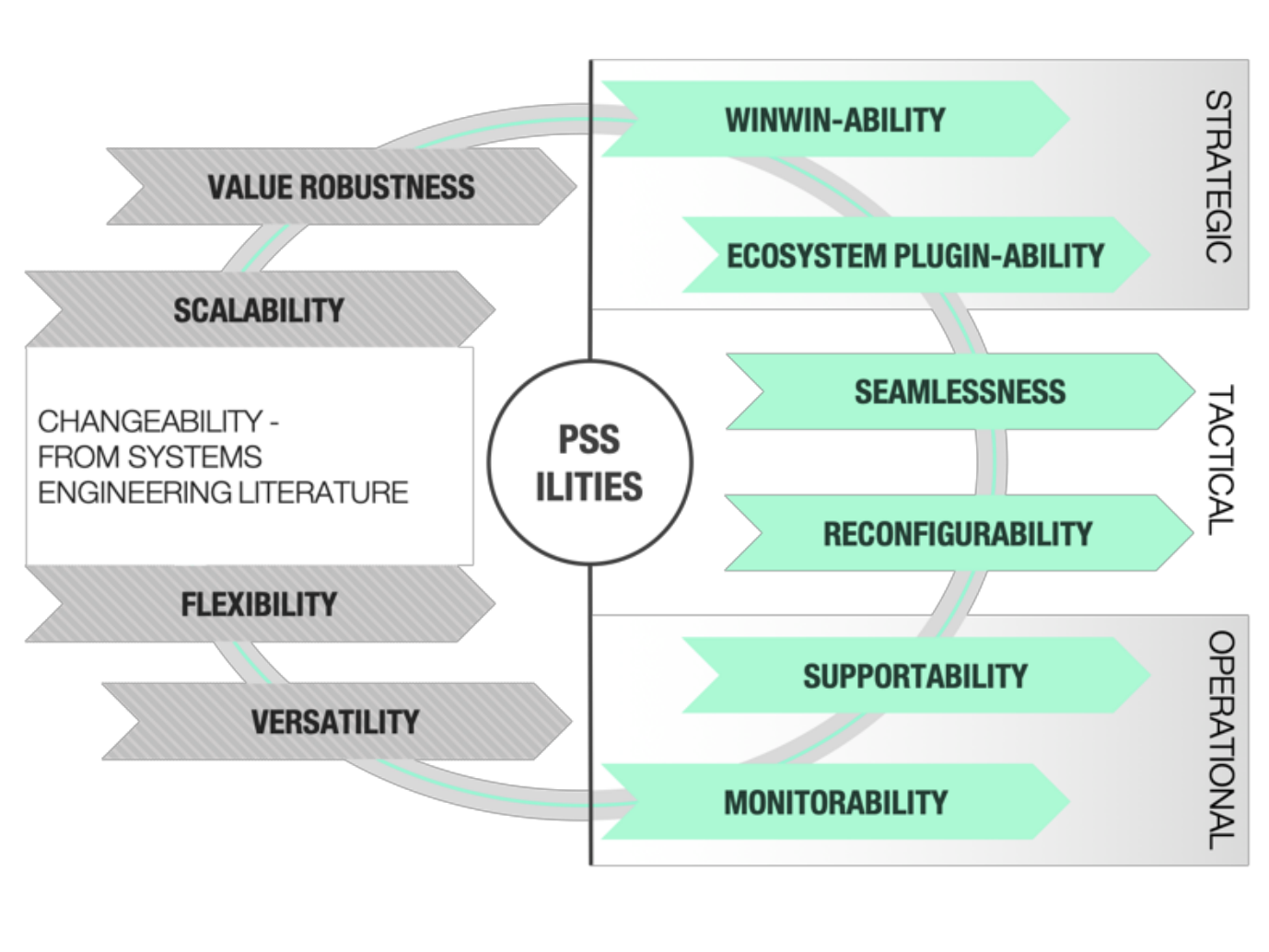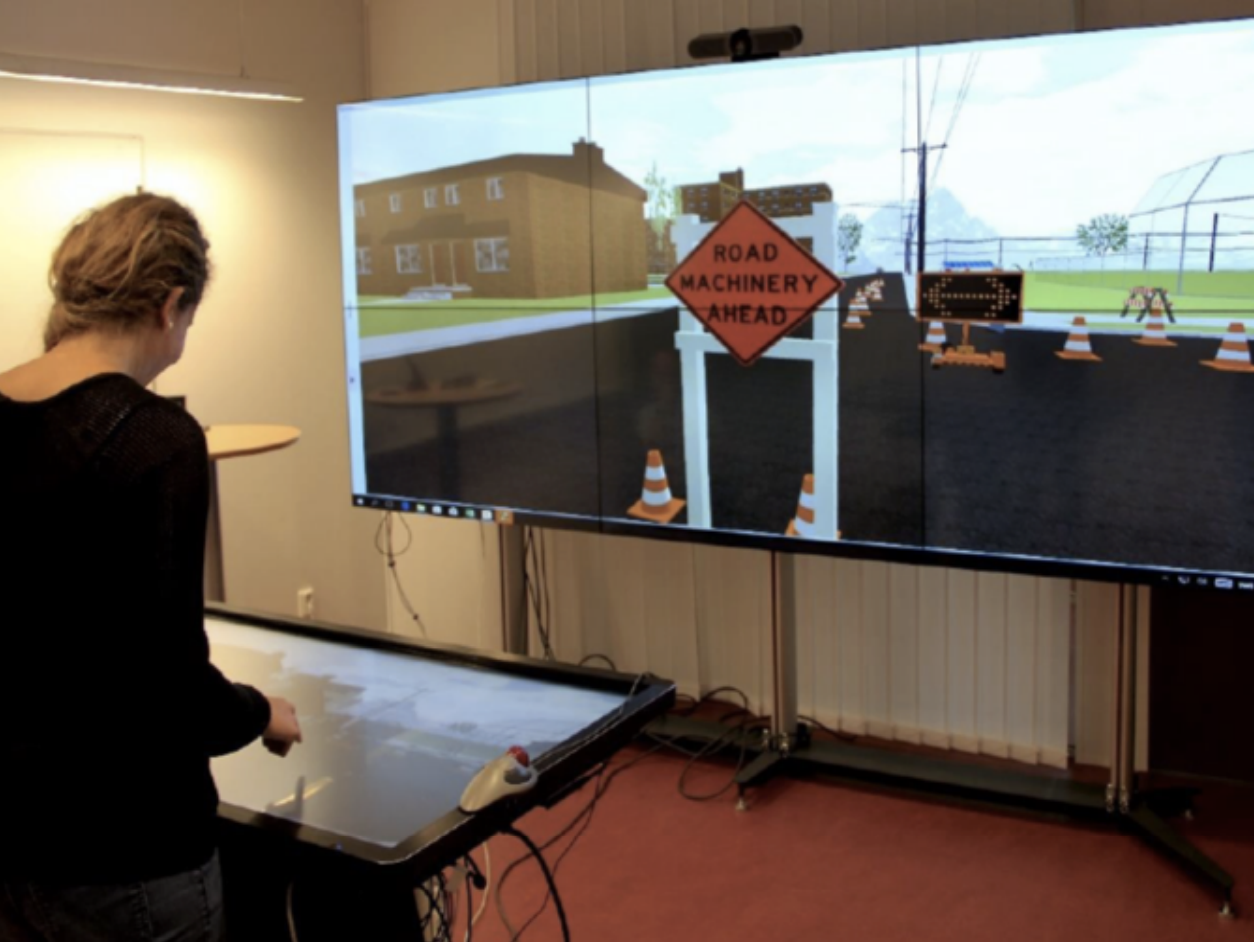Abstract In the production of automotive body components, fixtures are an important part of the ongoing work on geometrical assurance. The fixture is uniquely defined for each component, and the design and configuration of these are time-consuming and takes a lot of effort. The objective with this paper is to explore the use of a […]
Read More